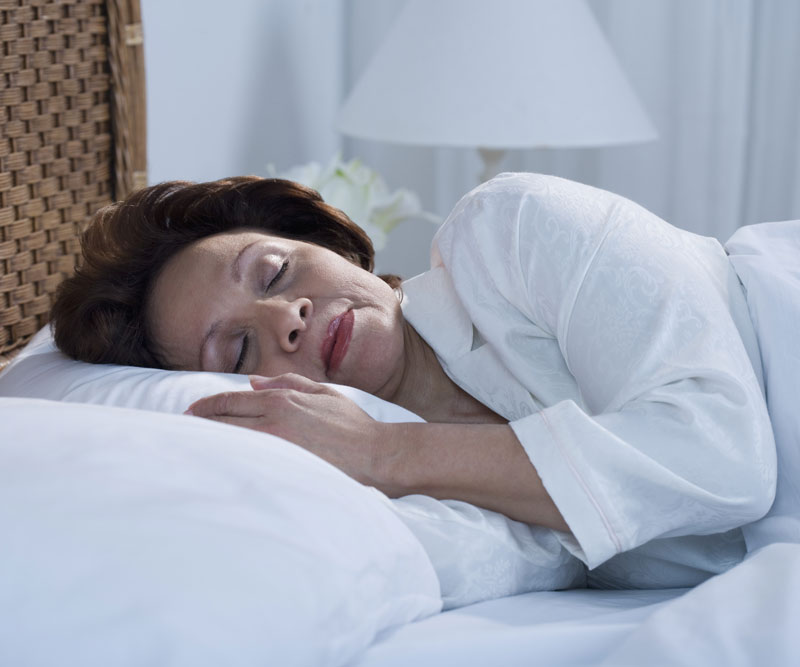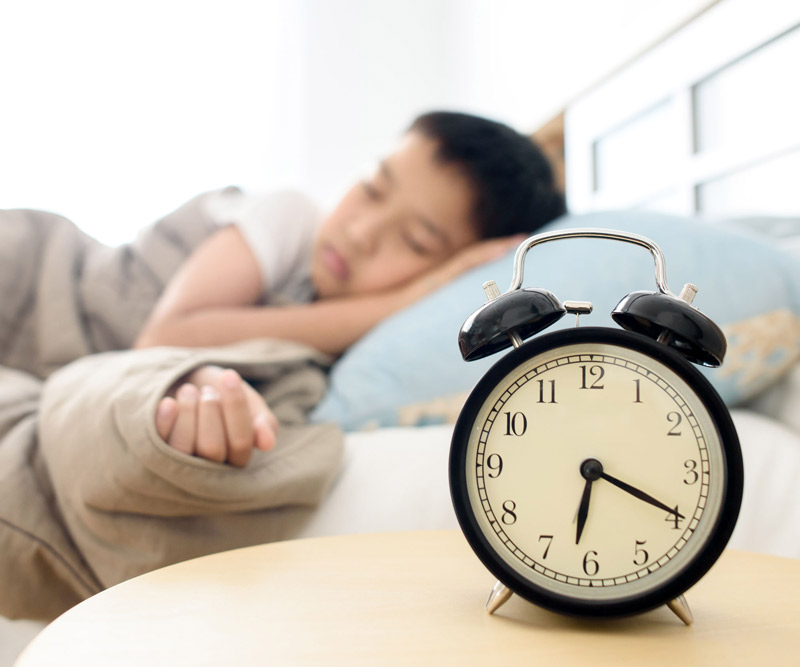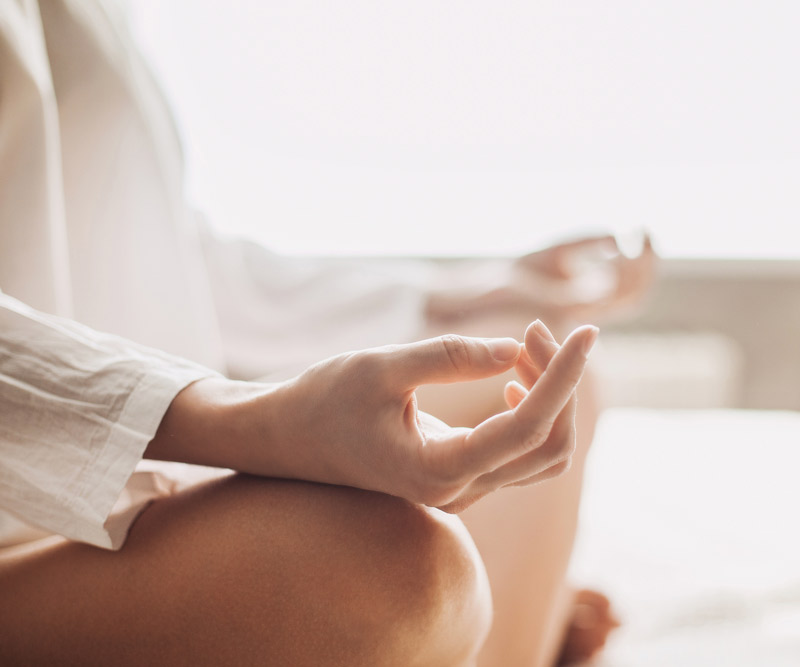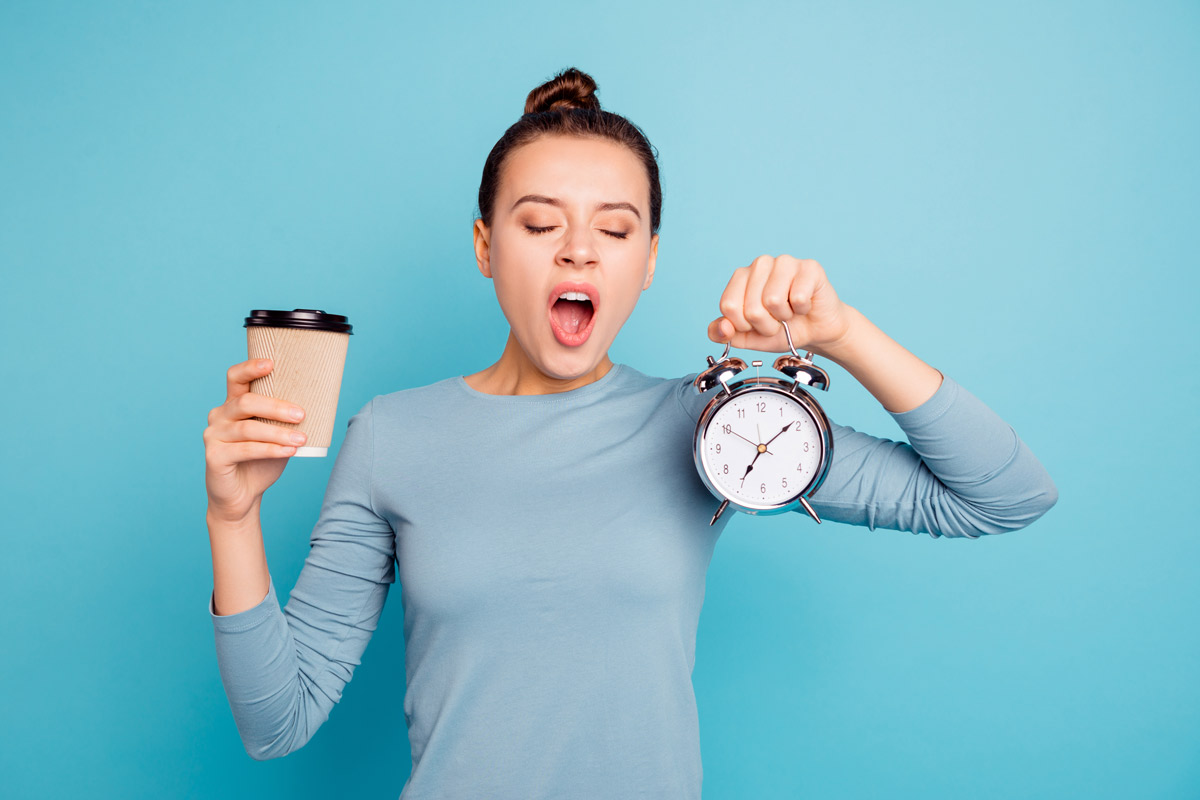
Why Napping is Better Than Coffee When You Need a Midday Boost
“Insufficient sleep is a public health problem.” – The Centers for Disease Control and Prevention
Americans are a sleep-deprived, overworked, vacation-avoidant group of citizens.
It makes sense, then, that 85% of the United States population drinks at least one caffeinated beverage a day.
Regular coffee drinkers may feel the benefits of caffeine, such as diminished fatigue and improved alertness and concentration.
Additional health benefits can include weight loss, better blood sugar levels, as well as lowered risk for Type 2 diabetes and Parkinson’s disease.
However, there can be too much of a good thing when it comes to caffeine.
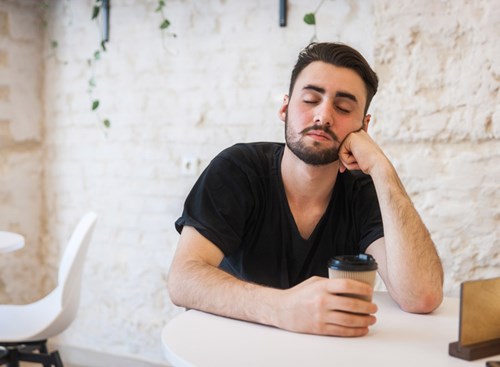
The Federal Drug Administration reports an intake of less than 400 milligrams a day of caffeine is not associated with harmful effects in healthy adults.
To put in perspective, one venti (24-ounce) order of coffee from Starbucks has 415 milligrams of caffeine. If this is your regular order, it should be your cutoff point for the day.
If you have high blood pressure, stick to smaller cups of coffee. Or, drink decaf, as caffeine raises your pressure.
Other side effects of too much caffeine can include:
- Irregular heartbeat.
- Upset stomach.
- Nervousness.
- Anxiety.
- Headache.
For those who may be worried about these potential side effects, there is an alternative – napping.
The benefits of napping are strikingly similar to those of drinking caffeine:
- Improved mood.
- Enhanced performance.
- Restored alertness.
Better yet, napping is free!
Only about 34% of adults take a nap on an average day, according to 2009 data from the Pew Research Center.
However, when researchers tested the effects of caffeine versus napping on memory, they found that those who napped had better memory compared to caffeine drinkers.
To obtain optimal benefits from napping, do so on a regular basis.
Researchers found those who napped regularly reaped greater restorative effects than those who failed to nap.
One caveat – if you have difficulty getting through your day without drinking multiple cups of caffeine, napping, or if you find yourself dozing off while driving, I strongly recommend that you see your physician for an evaluation, as these symptoms may be warning signs of an underlying sleep disorder.
When is the best time to nap?
Our bodies have an internal clock known as the circadian rhythm that influences when we are awake or asleep.
There is a slight dip in our circadian rhythm between the hours of 3 and 5 p.m.
Researchers suggest this is the ideal nap time to obtain the best quality of sleep.
Napping during the “forbidden zone” of sleep (7-9 p.m.) produces more sleep inertia – that sluggish, groggy, confused feeling that occurs when you wake up – and can also keep you from falling asleep at your normal bedtime.

The best time to nap can vary from person to person.
Factors that play a role on the best time to nap include:
- The amount of sleep you obtained the previous night.
- If you have a tendency to be a night owl or morning lark.
- Work schedule.
- Individual sleep needs.
How much time should I nap?
Researchers split test subjects into different groups based on different nap intervals to see if short naps were as effective as long naps.
People who napped for 10, 20 and 30 minutes were more awake and alert compared to those who only napped for 5 minutes or none at all.
In contrast to those who slept for 20 or 30 minutes, the 10-minute nappers showed improvement upon waking up, while those who napped longer had to overcome sleep inertia.
To recap, napping and caffeine can improve alertness and concentration. However, napping is better at enhancing memory than caffeine and is a free alternative.
The early afternoon is when most people are sleepy due to a dip in the circadian rhythm, and napping for 10-30 minutes during this timeframe is most beneficial. Sleep for longer than this and you may have trouble falling asleep during your desired bedtime.
Discuss any questions or concerns about your sleeping habits with your primary care physician.
Published on: October 14, 2019


